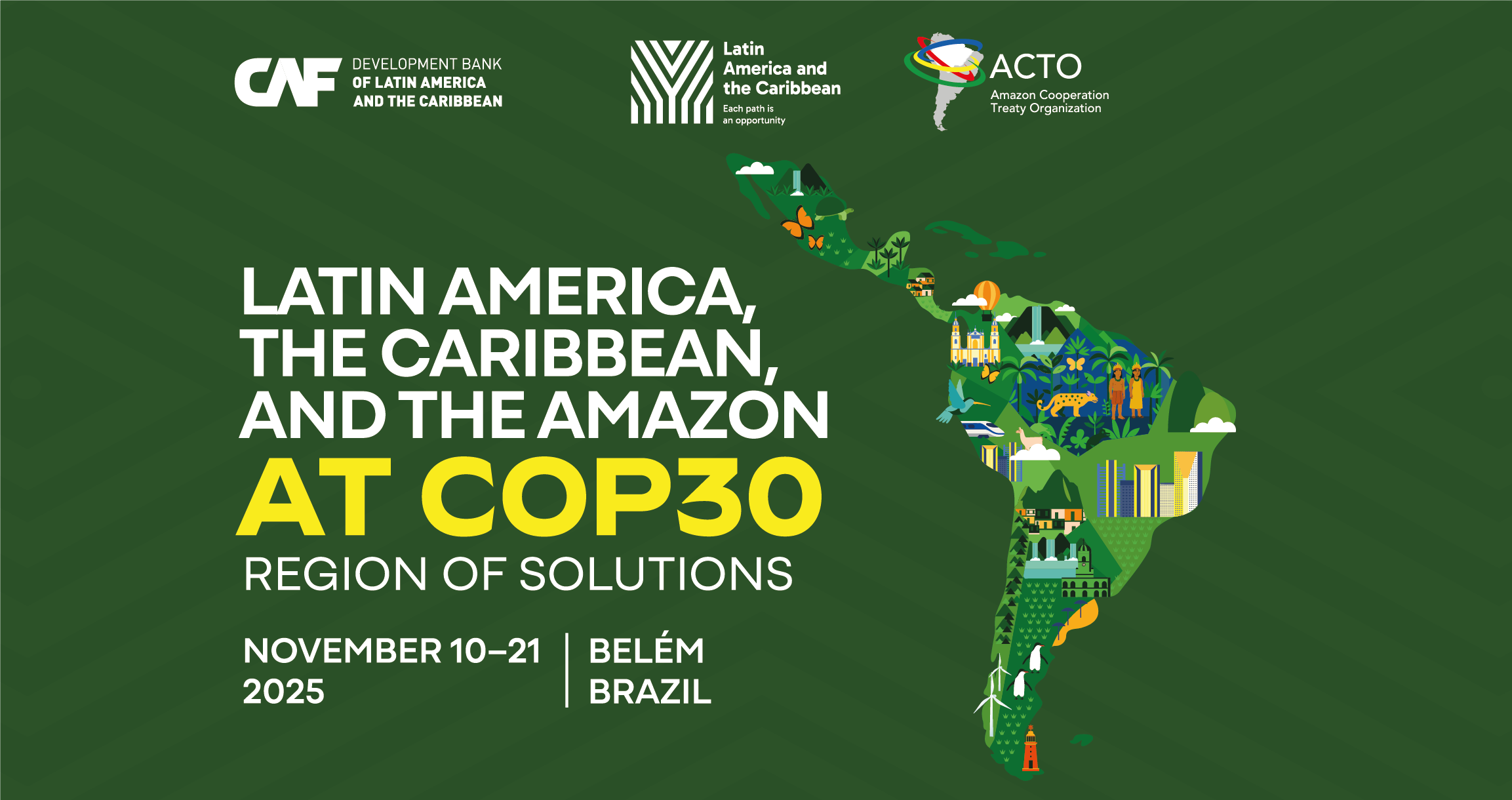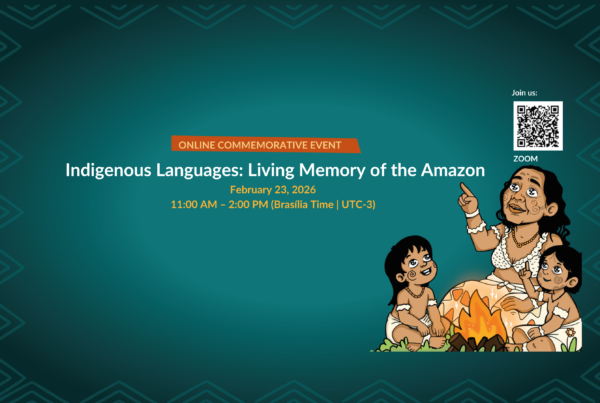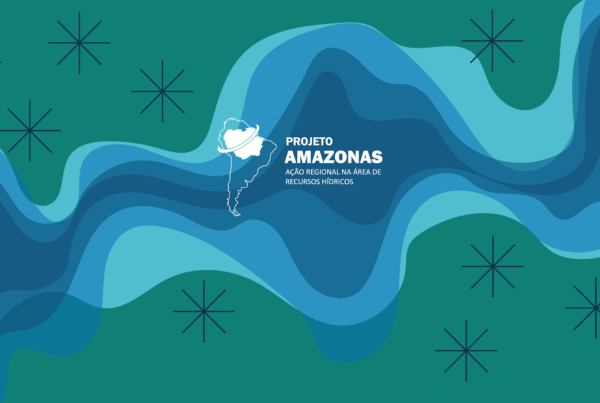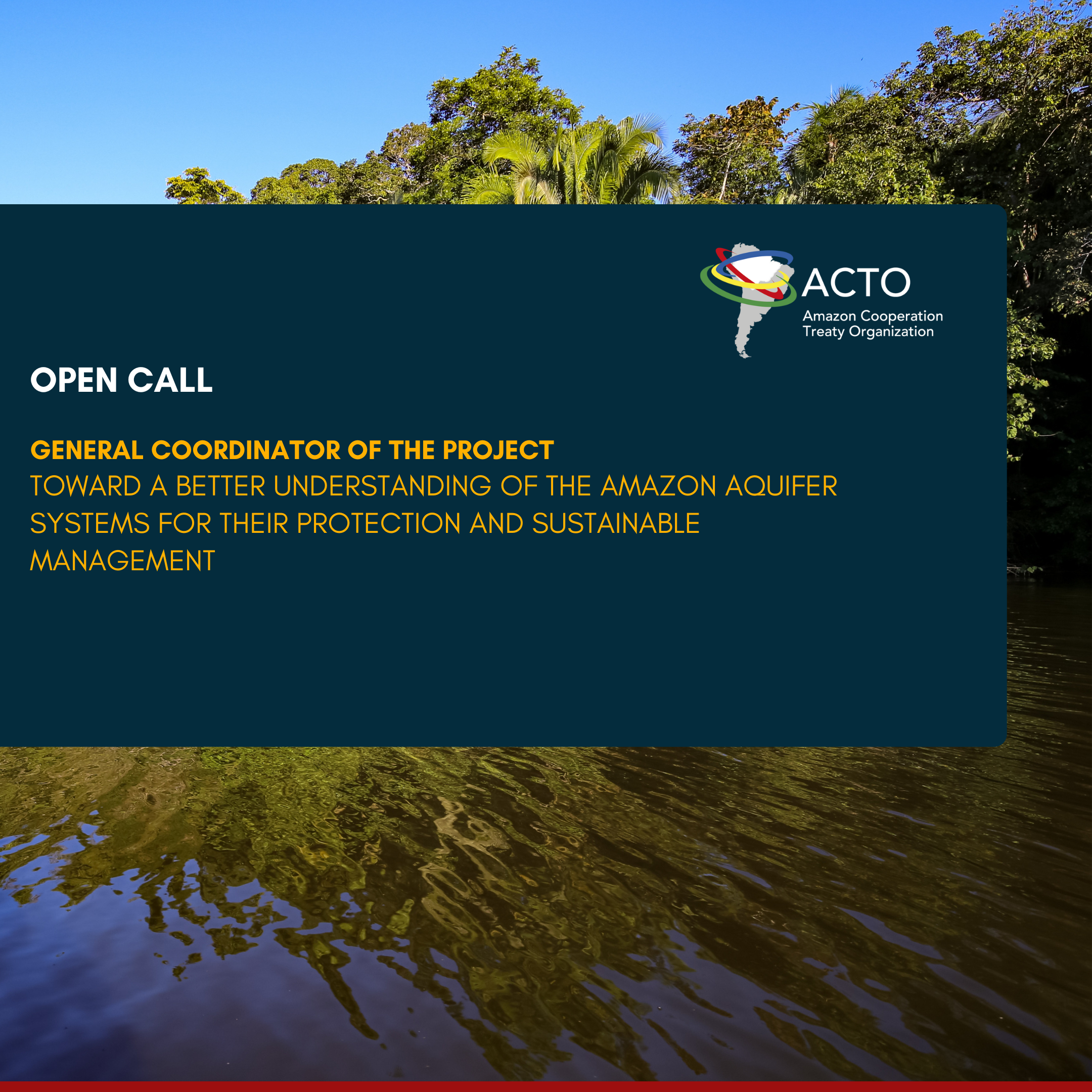The Amazon Cooperation Treaty Organization (ACTO) and the Development Bank of Latin America and the Caribbean (CAF) will join efforts in a 150 m² joint pavilion in the Blue Zone of COP30, in Belém, from November 10 to 21, 2025.
Both organizations share the vision that climate, biodiversity, and human well-being are inseparable dimensions, and that the socioeconomic future of the region is closely linked to the sustainability of its strategic ecosystems.
Representatives from governments, multilateral banks, academia, Indigenous Peoples, and civil society will participate in discussions and knowledge exchanges through a program organized around three main themes, aligning Latin America and the Caribbean’s priorities with the Amazon agenda:
- Opportunities related to mitigation.
- Opportunities related to resilience and adaptation.
- Integration between climate and biodiversity for human well-being.
The pavilion will also feature a TV studio operated by CAF, host more than 40 discussion panels, and provide an interactive experience with the Amazon Regional Observatory (ARO) — an initiative by ACTO that offers maps and georeferenced data on the Amazon biome, serving as a pioneering example of regional scientific data integration.
“Through this alliance, we are joining efforts to position Latin America and the Caribbean as a region of solutions to global challenges. From CAF, we promote a development model that fosters decarbonization and resilience in the region’s countries and values their role in sustainable food production, as well as in the conservation and sustainable use of strategic ecosystems — in close collaboration with local communities and Indigenous Peoples, ancestral guardians of this natural heritage,” said Alicia Montalvo, CAF’s Manager for Climate Action and Positive Biodiversity.
“Within ACTO’s agenda — the only multilateral organization dedicated exclusively to the Amazon — we have concrete examples of regional cooperation, such as the Network of Forest Authorities, which promotes sustainable forest management and restoration with a biome-wide vision, and the Network of Water Authorities, which strengthens integrated and transboundary water resource management,” highlighted Vanessa Grazziotin, ACTO’s Executive Director. “These initiatives demonstrate how integrated, multisectoral climate action can generate tangible benefits for communities and strengthen resilience across the entire region.”
Latin America is home to 14 transnational strategic ecosystems of global importance, interconnected with each other and with other hemispheric ecosystems, providing essential services for the economy and socio-environmental well-being of the entire continent. Among them are the páramos, Patagonia, Tumbes–Chocó–Magdalena forests, Atlantic Forest, Mesoamerican Biological Corridor, mangroves, Humboldt Current, Gran Chaco, Pantanal, and the Amazon, among others.
At COP29 in Baku, CAF presented its new integrated approach to working across these 14 strategic ecosystems, aiming to enhance their conservation and regeneration and to generate social, environmental, and economic benefits for both countries and the communities that inhabit them.
About ACTO
The Amazon Cooperation Treaty Organization (ACTO) is the main intergovernmental entity in the Amazon region, created to promote cooperation among its eight Member Countries: Bolivia, Brazil, Colombia, Ecuador, Guyana, Peru, Suriname, and Venezuela.
ACTO works across key areas such as biodiversity conservation, forest management, science and technology, territorial governance, social inclusion, and the protection of Indigenous Peoples’ rights.
It also develops environmental monitoring tools and climate change mitigation and adaptation policies, promoting integrated solutions for sustainable and inclusive development, as well as the protection and sustainable use of Amazonian biodiversity.
About CAF
The Development Bank of Latin America and the Caribbean (CAF) is committed to supporting the region’s countries and improving the quality of life of their people. Its work promotes sustainable development and regional integration, serving both public and private sectors, and offering a broad portfolio of financial products, technical cooperation, and knowledge to its 24 member countries, private companies, and financial institutions.



